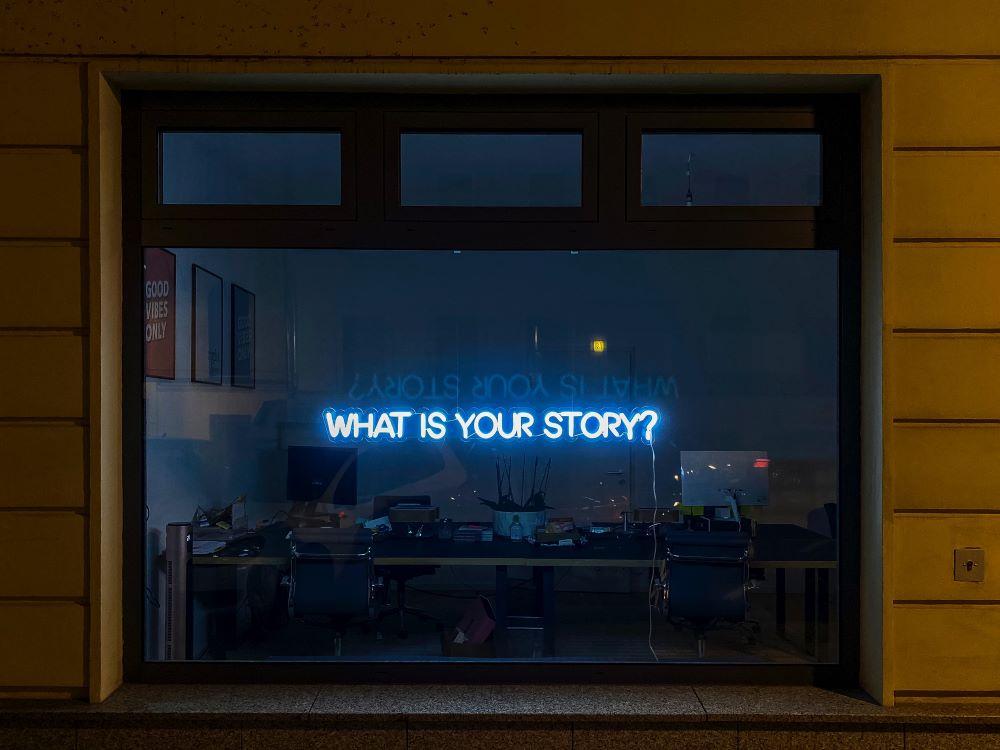
(Unsplash/Etienne Girardet)
Ten years ago, I was just beginning to work in Akron, Ohio, with a refugee resettlement agency. One of my early clients was a family of four originally from Bhutan. Joseph, the oldest son in the family, made it his mission to take care of his mother. Two days ago, I received a Facebook message from him.
Joseph began his message like this: "Hi Eilis, how have you been? Long time you are in Cleveland, right?" After going back and forth, I learned that Joseph is now married, living in Iowa, serving as a pastor, and he and his wife are eagerly awaiting the birth of their first child. I also learned that he was able to buy his mother a house and that his siblings were all thriving, thanks be to God. Then came the ask: "My case manager, what do you know about the Nepali community in Cleveland. I am praying to plant a church there in December or January?"
I laughed to myself. Here, a member of that community was asking me, an outsider, about his own community. I shared with him what I knew, but more importantly was able to connect him with another organization in Cleveland.
I tell that story not to focus on the importance of refugee resettlement, but rather to reflect on the necessity of building relationships. Joseph reached out to me because a decade ago, I had built a relationship with his family and his community and was seen as a trusted voice and was a link to their new world. However, from my end, people like Joseph and his family were my link to their community. I could not effectively do my work as a case manager without building relationships in the community.
Advertisement
In my experience, the most transformational part of a relationship is learning and listening to the other person's story. It gives a window into their lives. In our reparations campaign, we listened to and learned from "truthtellers" — men and women who courageously shared their families' experience with racism and slavery. And, during my own religious community's most recent Community Days, we engaged in conversation and story sharing with a local Black woman who shared with us her family's experiences with racism.
All these stories fall under a note I have saved on my phone. It simply says: Tell your truth. Tell your story. Tell your love. Aren't these the three qualities that undergird an authentic relationship? Isn't this what we all want to be able to do with one another? To be with people where we can be our authentic selves, sharing our stories and sharing who we love and what we are passionate about? In our world, do we allow these stories and truths to transform our lives and worldviews?
As I have shifted away from direct service in refugee resettlement and immigration programs to organizing, education, and policy work at the Catholic social justice lobby Network, I know more than ever that relationships are the only way to advocate and transform minds and hearts.
As we advocate for policies and legislation, we must think about the people it will affect. Does hearing a story about the inequalities facing pregnant women encourage me to advocate for the passage of the Pregnant Workers Fairness Act? As I sit in a law class listening to a man wrongfully sentenced to death row, does my resolve to reform the criminal legal system change? When I hear about the inadequate educational opportunities or housing facing many children, am I not pushed to fight for quality education and safe housing? Legislation and policy cannot be divorced from the lives of the people it is enacted to serve.
The only way I know to keep the stories at the forefront of my advocacy ministry is to continue to build relationships within communities and with other impacted persons. As a woman religious, I know that I am called to respond to the needs of the times. But I can only intellectually know of the needs if I am only reading about them in the newspaper, scrolling through social media or watching the news. I need to be out in the community, meeting people, cultivating relationships and listening to stories.
I also think about this in terms of our religious communities: How can we transform our justice work and committees to respond to the needs of today? In what ways can we continue to build relationships and community with the people around us? What stories are out there that we haven't heard or taken the time to listen to? What stories might change the way we serve or bring new life to our mission and direction statements? Who are the "Josephs" in our lives who, through the sharing of stories and dreams, help us build lasting relationships with each other?




